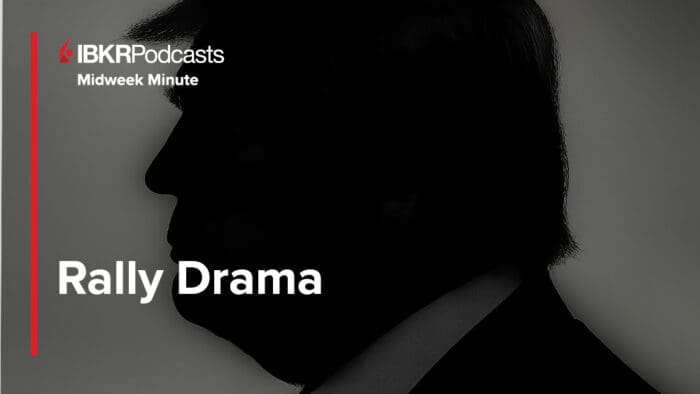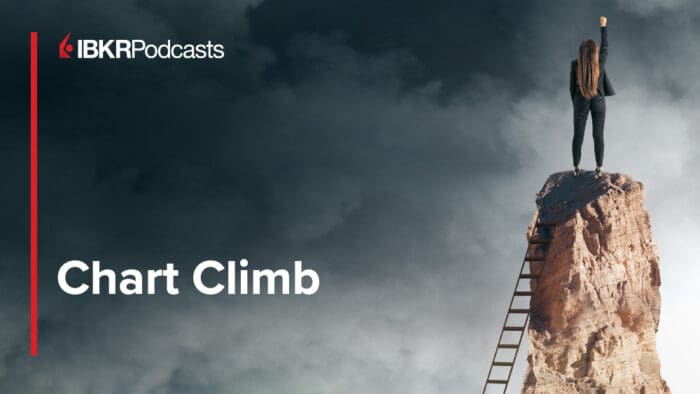The IBKR Advantage
Real-world
experience for
your classroom
Learn more about IBKR accounts
Low Commissions1,
Global Access,
Premiere Technology
More Campus Resources
Useful Tools and Information
Learn more about IBKR accounts
Low Commissions1,
Global Access,
Premiere Technology
Language
Multilingual content from IBKR
Courses By Language
Podcasts
Learn more about IBKR accounts
Low Commissions1,
Global Access,
Premiere Technology
- Traders’ Insight Home
- IBKR Commentary
- Topics
- CME Market Pulse
- Overview
- Web API
- TWS API
- Excel
- FIX
- Third-Party Integrations











